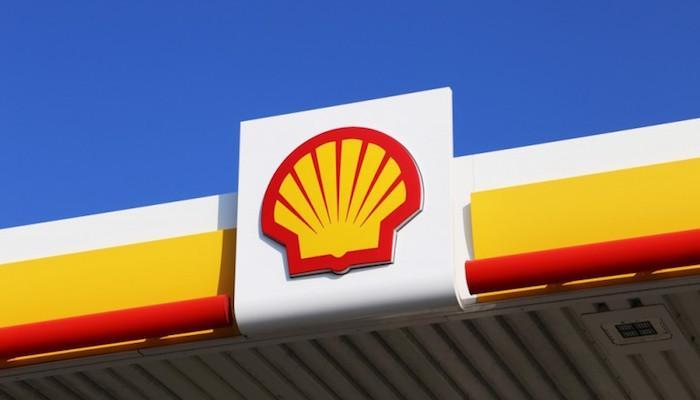
Nigeria’s attempt to attract investment is hampered by Shell’s failure
Nigeria’s move to prohibit Shell (SHEL.L) this week creates a new tab According to analysts, the $2.4 billion sale of its onshore assets has given investors the bad impression that the nation urgently needs to bolster its vital oil industry.
As Africa’s most populous nation struggles with an economic crisis, President Bola Tinubu has been trying, with some success, to attract international investment.
However, many in the industry were taken aback last week when the upstream regulator refused to sanction Shell’s $2.4 billion transaction with the local-dominated Renaissance group.
It did not provide justification for its choice, and Shell has not yet responded. With relationships dating back more than 50 years, the corporation is one of the largest investors in Nigeria’s oil, which is the country’s main source of foreign exchange and the foundation of its economy.
This week, after more than two and a half years of waiting, a similar agreement was approved for Exxon Mobil to sell onshore assets to Seplat Energy.
The president’s efforts to attract foreign investment were hampered by the challenge of obtaining regulatory approval, according to Clementine Wallop, director for sub-Saharan Africa at political risk consultancy Horizon Engage.
“On the one hand, the government declares that it is open to business. Our goal is to make doing business easier. However, there have been lengthy delays in approvals, which hinders our ability to interact with the biggest energy investors in the world,” Wallop stated.
“The Tinubu regime’s significant investment push has been hindered by the delays. It has also had an impact outside of the energy sector.
A DOWNWARD TREND
According to data from the National Bureau of Statistics, overall foreign investment inflows dropped to $3.9 billion last year from $5.3 billion in 2022 as Nigeria’s economy has yet to recover from the shock of the epidemic and its effects on oil demand. That maintained a declining trajectory that began five years ago when $24 billion was invested by investors.
Investment would increase the production of the oil assets Shell is selling, which are either producing less than capacity or not at all.
According to the government, increasing oil production, which is now below 1.35 million barrels per day (bpd) compared to a target of 2 million bpd, would help alleviate the scarcity of dollars.
Multinational corporations outside of the oil industry, such as Procter & Gamble, GSK Plc, and Bayer AG, have either left Nigeria or appointed third parties to distribute their goods due to the scarcity of foreign exchange and the sharp decline in the value of the naira.
Meanwhile, soap manufacturer PZ Cussons and Africa’s largest telecom provider, MTN, have blamed losses on Nigeria’s currency crisis.
Faster regulatory approval would help secure the much-needed investment, analysts say, but they also point to other problems, such as power outages and corruption, which may be more difficult to resolve.
“I think more needs to be done by the nation to entice foreign investment in the oil and gas industry. Increasing the rate at which regulatory permits are given is one of them,” stated Ayodele Oni, an energy lawyer and partner at Bloomfield Law Practice in Lagos.
On the other hand, some investors are encouraged.
The assets that Seplat purchased were “low hanging fruit” that could be swiftly turned around to increase production, according to Kola Karim, CEO of the power and energy business Shoreline Energy International, which operates in Nigeria.
He added that executive orders, such as the one issued last month that increased the amount oil companies could spend without a tender to $10 million, would benefit in reducing project deadlines.
“For the first time in a long time, there’s a big alignment from government and the oil companies,” Kola stated.
All Categories
Recent Posts
Tags
+13162306000
zoneyetu@yahoo.com



